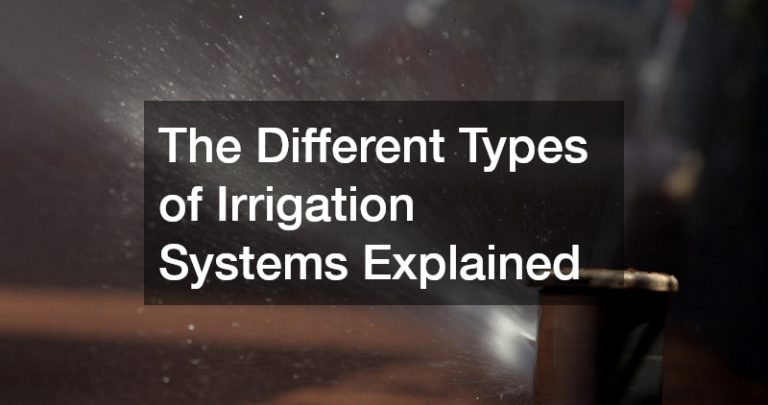When it comes to transporting livestock, selecting the appropriate trailer is paramount to ensure the safety and well-being of your animals. Two primary options dominate the market: aluminum trailers and steel trailers. Each type boasts distinct advantages and considerations, necessitating a thorough evaluation of your specific requirements before making a decision.
Aluminum Trailers: Lightweight and Resilient
Aluminum trailers are renowned for their lightweight construction, making them easier to tow and resulting in improved fuel efficiency compared to their steel counterparts. Moreover, their resistance to rust and corrosion ensures that they maintain their appearance over time, making them particularly suitable for regions with high humidity or exposure to salt.
Steel Trailers: Strength and Durability
In contrast, steel trailers offer unparalleled durability and strength, making them the preferred choice for heavy-duty hauling tasks. While they may be heavier than aluminum trailers, steel options often come with a lower initial cost, making them more budget-friendly for farmers and ranchers. Additionally, steel trailers can be easily repaired and modified using welding techniques.
Factors to Consider: Budget, Towing Capacity, and Intended Use
When determining the ideal trailer for hauling livestock, several factors must be taken into account. Consider your budget, the towing capacity of your vehicle, and the intended use of the trailer. If you frequently transport livestock over long distances or through harsh weather conditions, an aluminum trailer may be preferable due to its lightweight and corrosion-resistant properties. However, if durability and affordability are paramount, a steel trailer could be the better option, particularly for heavy-duty hauling tasks.
Towing Configuration: Bumper Pull vs. Gooseneck
In addition to the material of the trailer, the towing configuration is another critical consideration. Bumper pull livestock trailers are hitched directly to the bumper of a towing vehicle and are typically smaller and more maneuverable. While suitable for transporting small numbers of livestock or short distances, gooseneck trailers offer greater stability and weight distribution, making them ideal for larger loads or longer journeys.
Making the Informed Choice
Ultimately, the choice between aluminum and steel trailers depends on your specific needs and preferences. By carefully evaluating the advantages and considerations of each material, as well as different towing configurations, you can make an informed decision that prioritizes the safety and comfort of your animals during transport.
.





